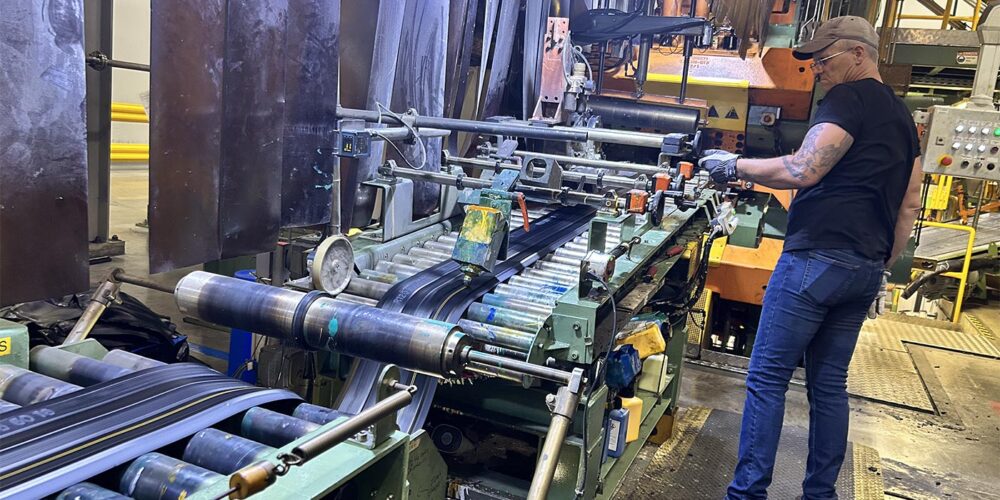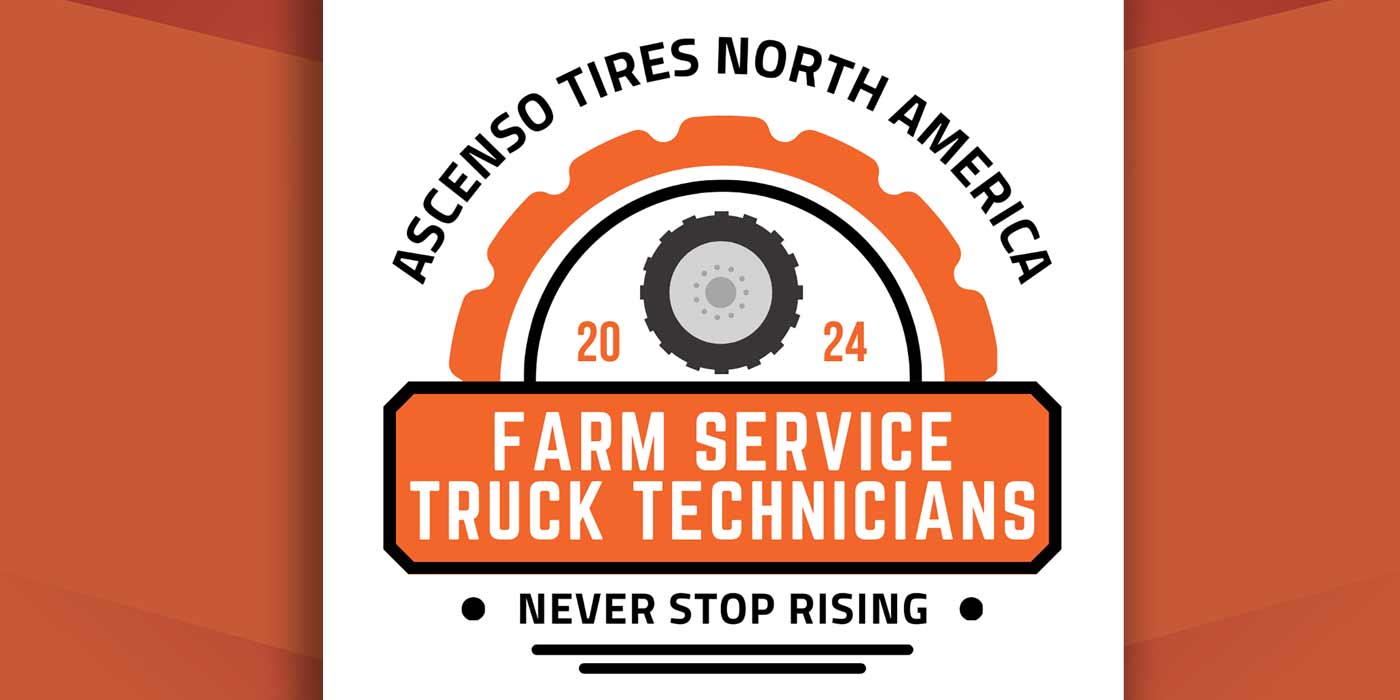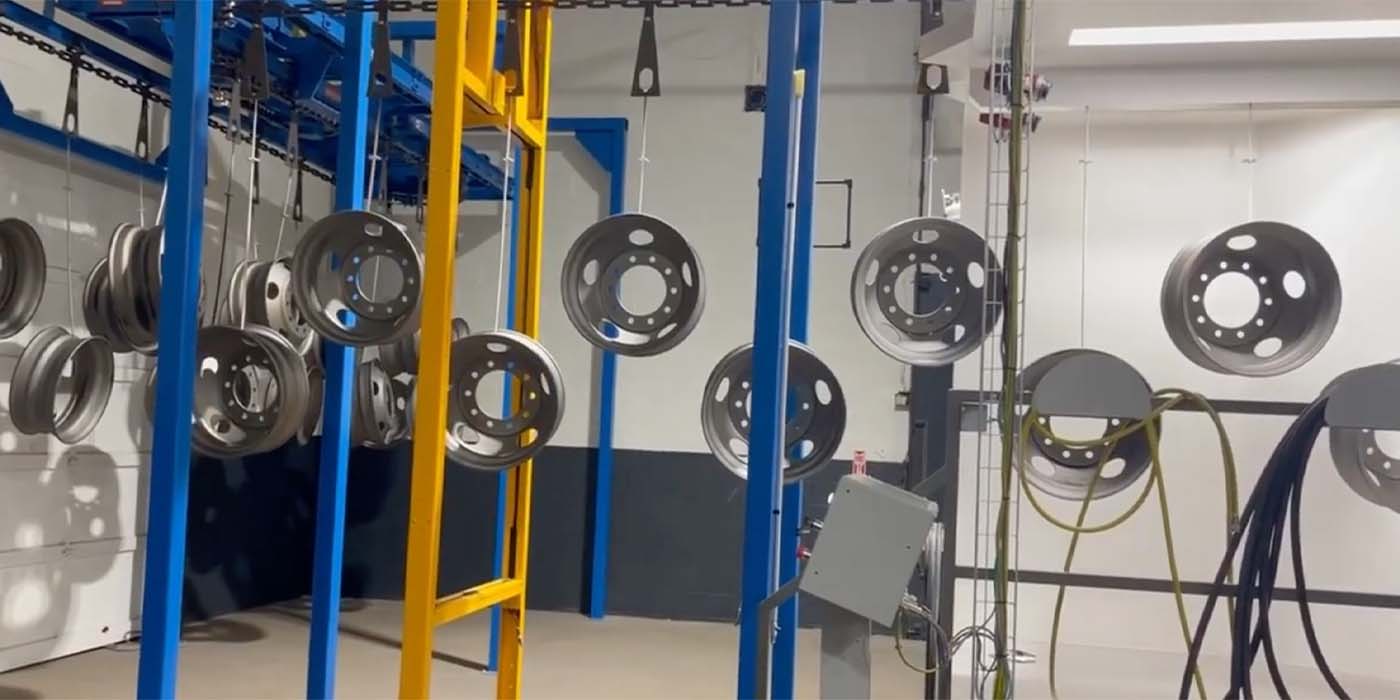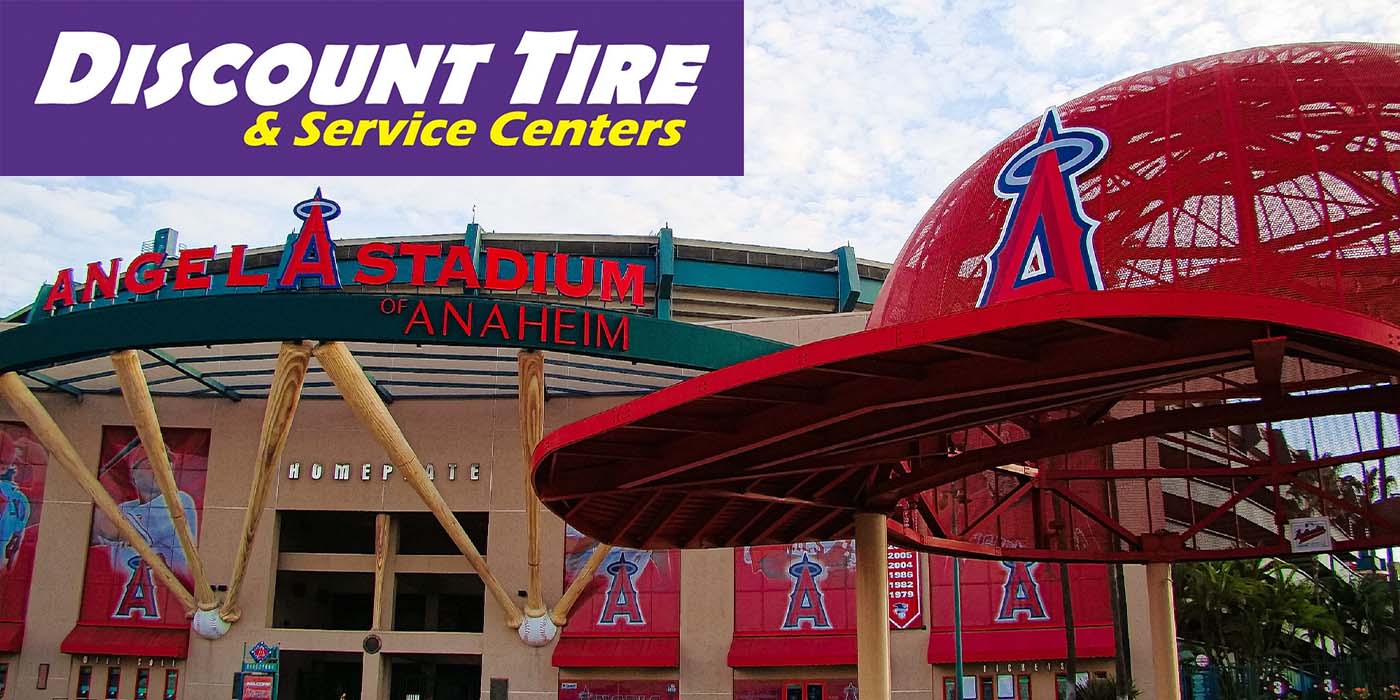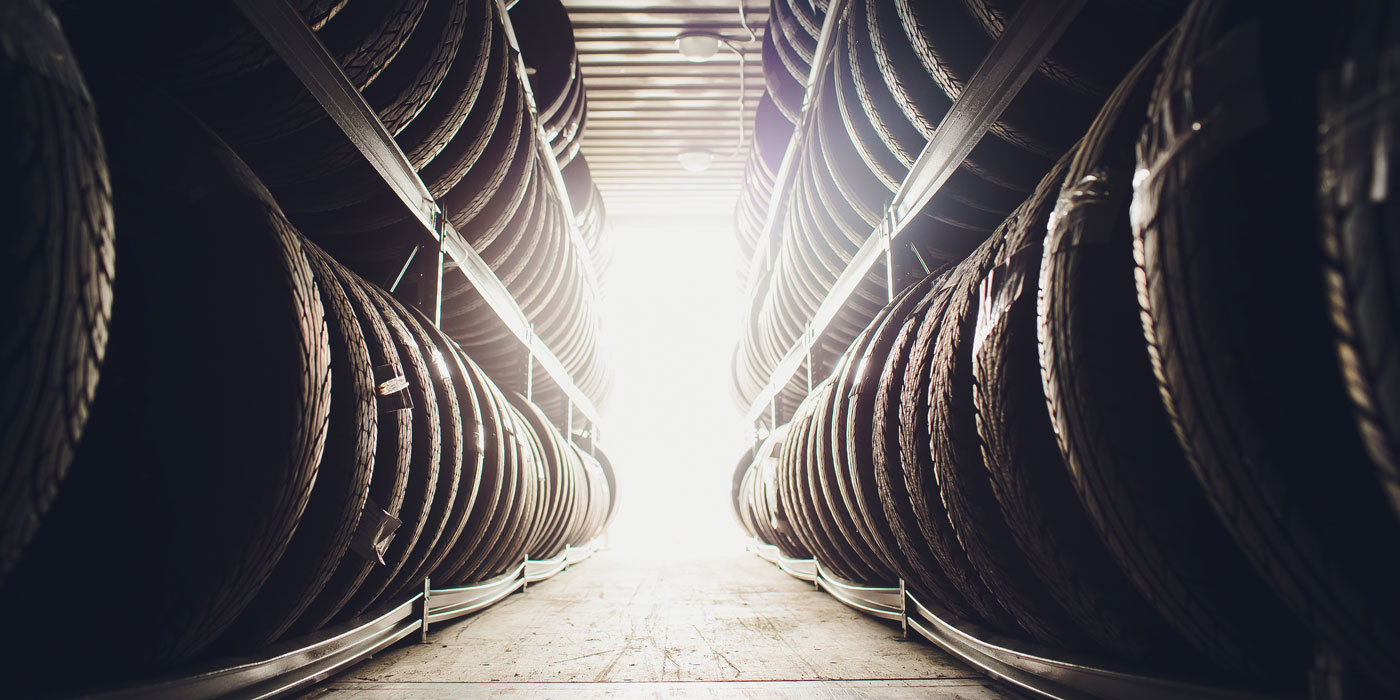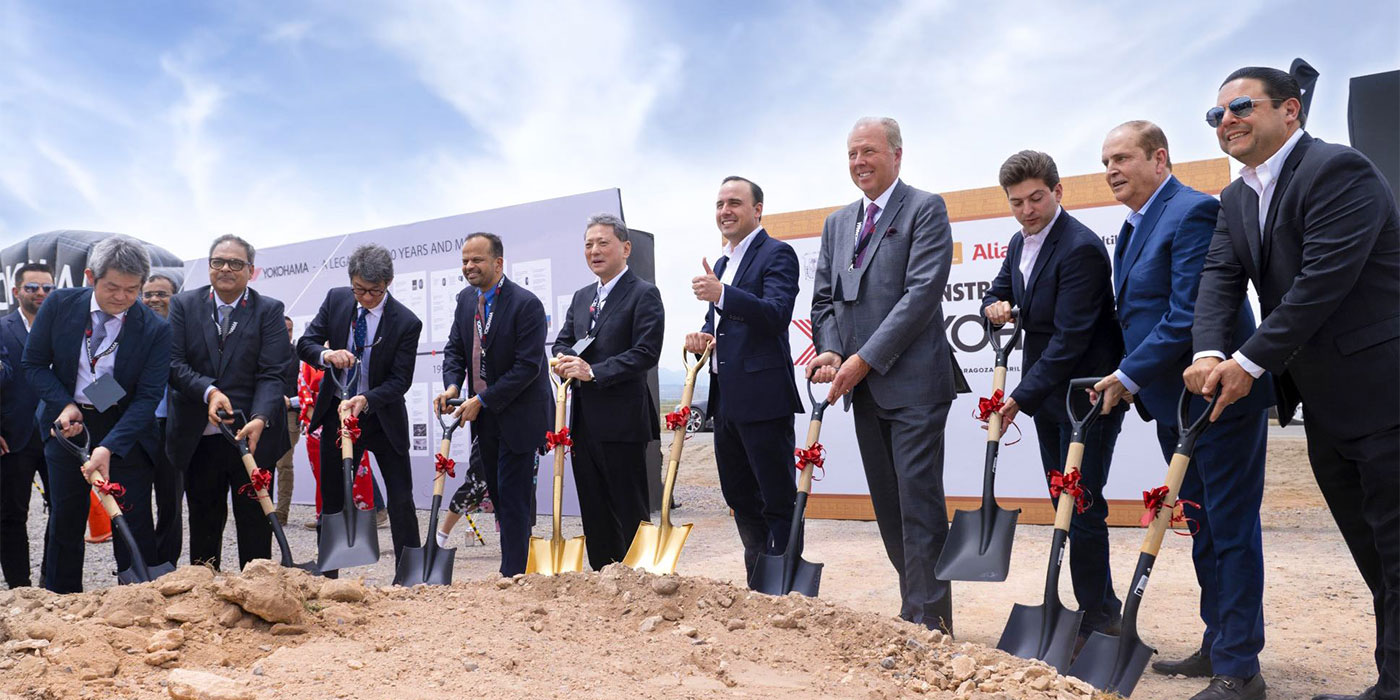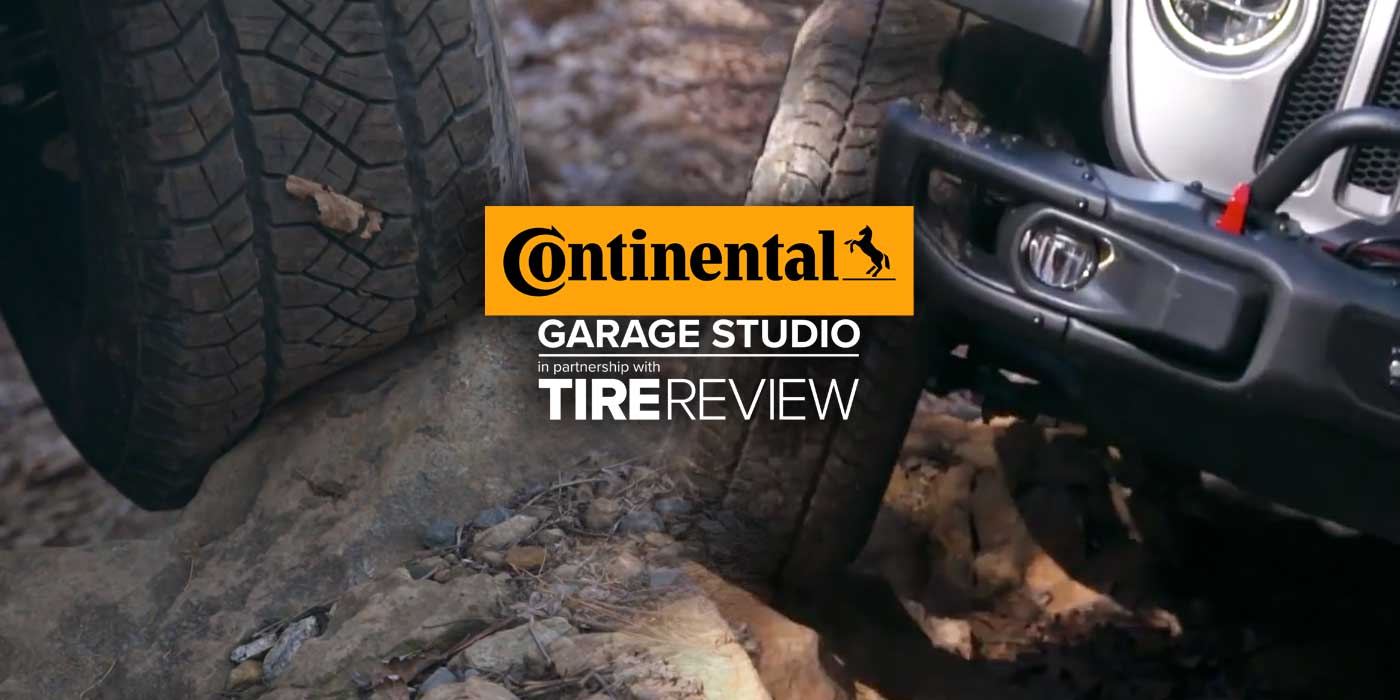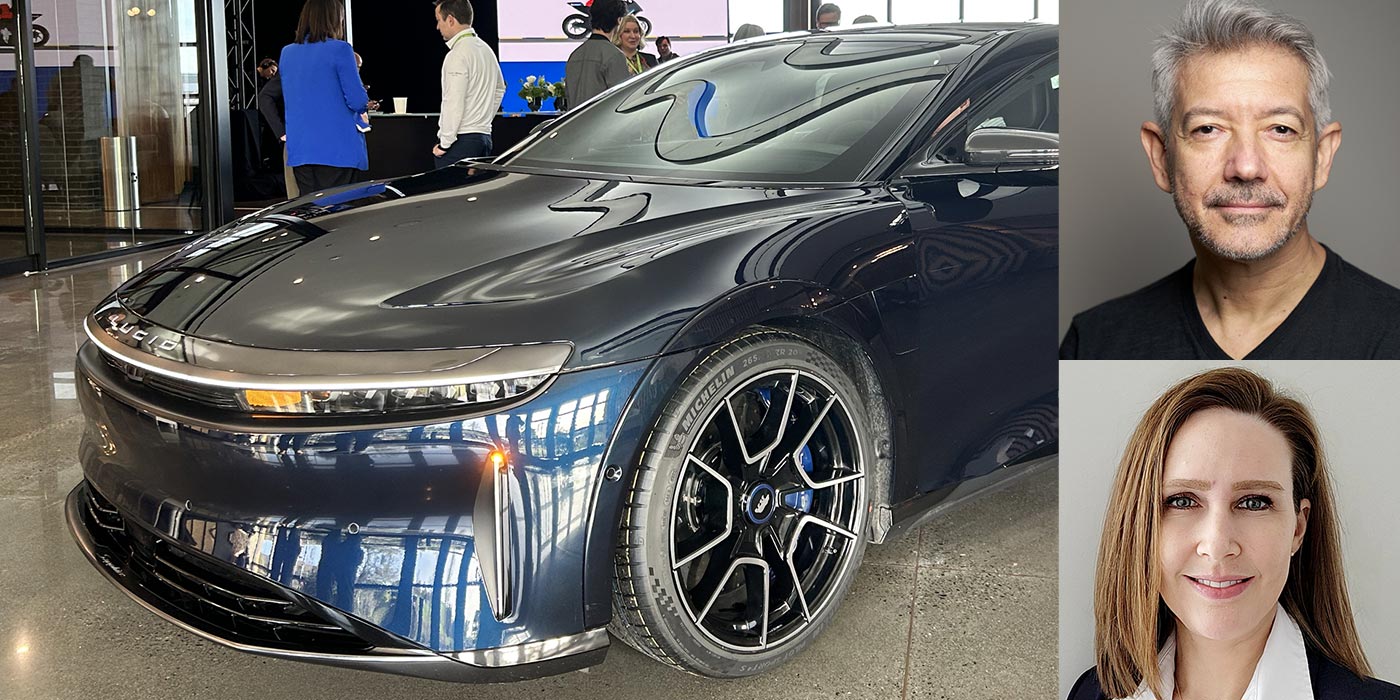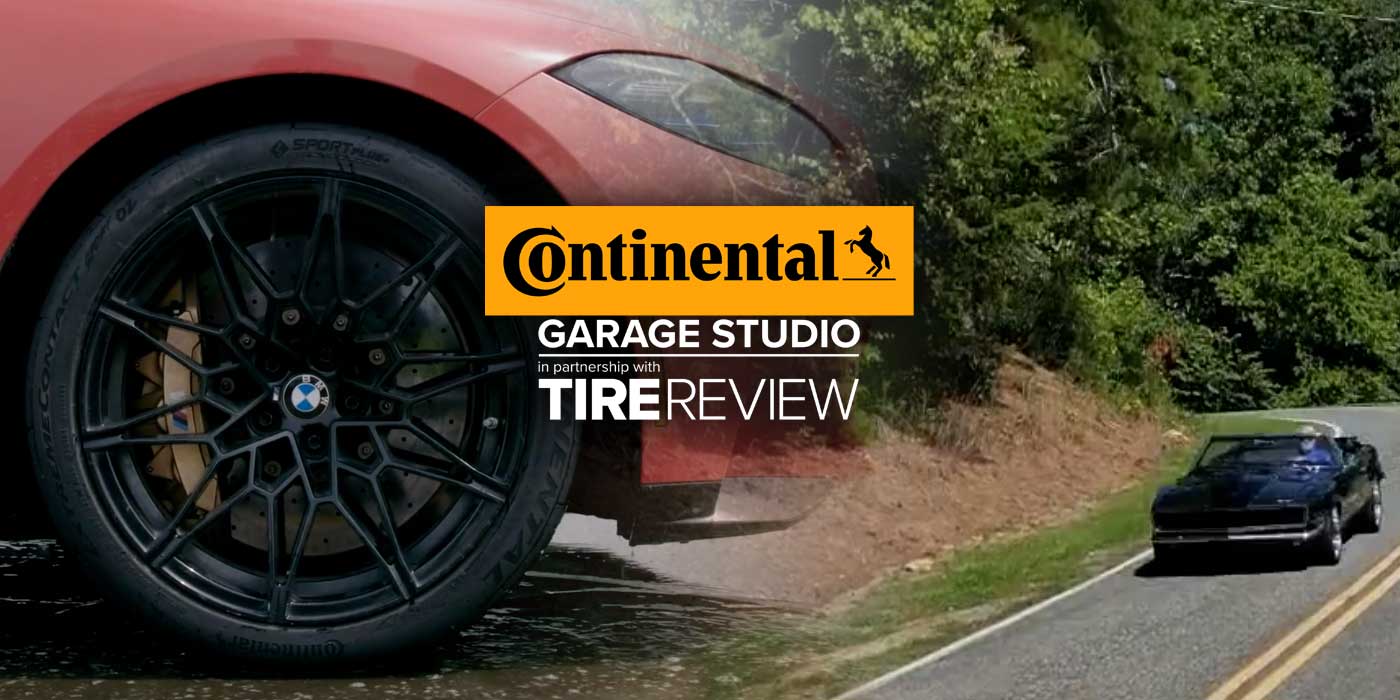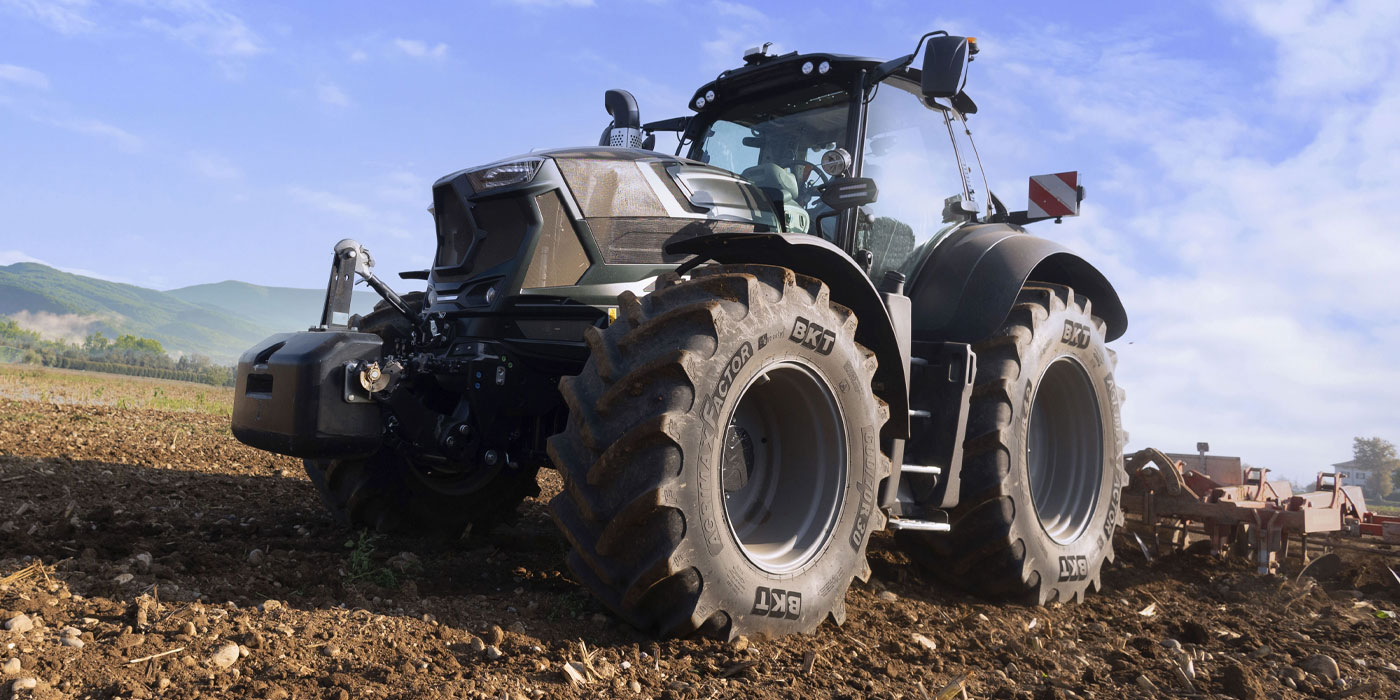Nokian Tyres has completed the hire of 125 workers at its North American factory in Dayton, Tennessee as the company prepares to double production at the facility by 2024. This brings the team at the factory to more than 475 employees.
The company is adding equipment that will allow the Dayton factory to produce as many as 4 million all-season and all-weather tires per year by 2024. Construction also continues on a 600,000-tire warehouse next to the production building that will be ready in the summer of 2024. The storage facility will join the company’s nine-warehouse network throughout the U.S. and Canada and will serve a growing volume of customers in the Sun Belt, the company says.
Products made at the factory include the all-season Nokian Tyres One, the all-weather Nokian Tyres WR G4 and the all-terrain Nokian Tyres Outpost family.
Nokian Tyres opened its Dayton Factory in the fall of 2019 and began producing tires for commercial sale in early 2020. A 2021 hiring campaign enabled the factory to expand to four shifts and 24/7 production. The current equipment expansion allows Nokian Tyres to add light truck tires to the Dayton Factory’s product mix.
The majority of new team members serve as production operators. The company also hired specialists in maintenance, quality, logistics and general administration. New employees are working alongside mentors in each production area in a personalized training program designed to maintain quality and culture as the factory grows.
In its three-plus years of operations in Dayton, the company has earned recognition for its workplace culture, operations and sustainability. The Dayton Factory’s production building is the only tire production facility in the world to possess LEED v4 Silver certification, and its LEED v4 Gold-certified administration building is fully powered by energy generated from onsite solar panels.
Nokian also plans to open a new tire production factory in Oradea, Romania, with which the company plans to start commercial production in 2025.
To learn more, Tire Review recently sat down with Dayton Factory Operations Director David Korda and Human Resources Manager Blake Markham to discuss the growth at the Dayton Factory, how that growth is influenced by the North American market, and the company’s plans for the future.
In 2024 this factory will produce as many as 4 million tires per year, but it’s designed to scale to 8 million, and then to 12 million eventually. Will the new warehouse be sufficient as you scale?
David Korda, Dayton Factory Operations Director: This warehouse in general would support all of phase two (8 million). But as we go into phase three (12 million), which is sometime in the future, we would probably need to add more local warehousing, just from a rotation perspective.
Have dealers started to take orders for the light truck tires that will be produced here?
DK: I know we wouldn’t be making them if there weren’t orders for them. The dealers are aware that the LT metric sizes are coming. Our priority is to first stock our regional warehouses as heavily as we can before we can facilitate those orders. Our global planning is looking out into the future, and our local planning is always coordinating with them. They see what’s in demand based on either true sales, like an order, or projections as they correlate with the customers, and we basically just go execute what they’re telling us to do. So, local planning works with global planning, which is obviously coordinated with sales, about what’s going to work to our advantage.
How much of the raw materials coming into this plant are still being affected by kinks in the supply chain?
DK: COVID put it in a terrible place, and then the Suez Canal thing made it even worse. You remember what it was like: crisis, after crisis, after crisis. But our guys did an amazing job. We never once were short on raw material. We got close a couple of times, but they keep a good stock and now it’s not an issue anymore. We’re essentially completely past it, but the whole system was backed up, and no promises were being fulfilled, so you just had to basically fight for your place constantly to get what you want here.
Do you plan to expand your solar panel farm as you expand capacity here as well?
DK: We’re a little limited on space, but it could be. I’d say it depends on how all this is going.
It’s got to be challenging to bring on 125 new workers, and at the same time try to ramp up production. How do you do that effectively?
Blake Markham, Human Resources Manager: It is a challenge, but it’s also rewarding to see it grow and develop. I’d say this hiring was much easier from a training standpoint than prior because now we were more mature as a factory. We had four shifts. We really strived last year to try to get mentors for every piece of equipment, on every shift. That was our goal, to always have one person that could always do that training. When we brought all these new people in this year we did it in waves. We would hire some in January, then February, then March. The more complicated jobs came first and the easier jobs come later.
How did shutting down your Russia plant affect your production?
DK: The Russia factory accounted for about 16 million tires a year, but 8 million of that was sold within Russia and the other 8 million were exported. We’ll be up to 15 million tires by 2027, so that can give you an idea. There were 16 million tires entirely made there, and we’ll be back up to 15 million tires across all factories by 2027.
From a distribution and warehousing point of view, are there any parts of North America where you’re looking to expand?
BM: Four of our warehouses are company-run – New York State, Vermont, Connecticut and Maine. That’s probably a headcount of about 40 to 50. And then all the other warehouses are outsourced through prior logistics companies. I don’t know of any immediate plans to change that distribution. The only thing that I can think of is that we moved to a slightly bigger Chicago warehouse a couple of years ago. We saw that domestically-produced supply rising, and we knew we needed a little more space to accommodate that.

